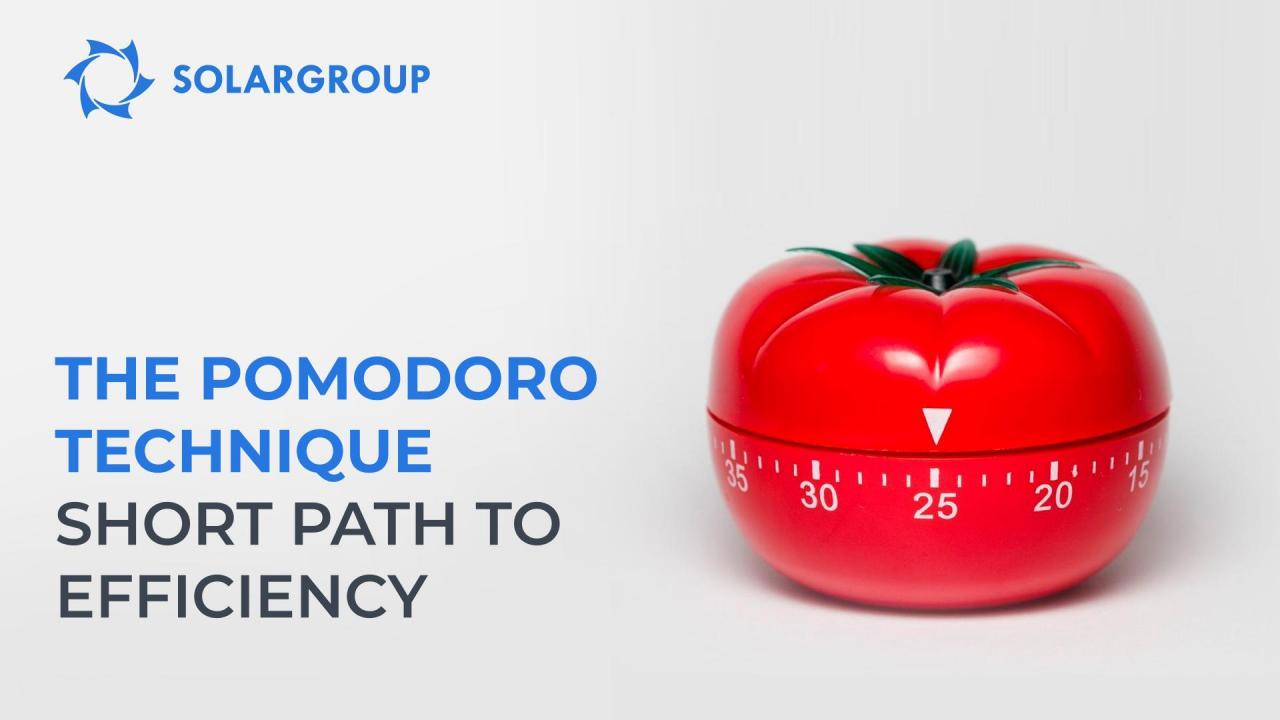
How the Pomodoro technique can help you achieve personal effectiveness
If you strive to increase your personal effictiveness and want to do more things during a day, this post is for you! Today we will talk about the "pomodoro" technique invented by an ordinary Italian student Francesco Cirillo. While preparing for exams, he could not get it all together and was constantly distracted. The exams turned out to be at stake! The situation was saved by an ordinary kitchen tomato-shaped timer which gave the name to this method of mastering self-discipline.
If you have a lot of different things planned for the day, for example, aimed at developing the partner network, but do not know where to find time for everything, follow the simple "pomodoro" rule: divide your working time into short time slots of 25 minutes each with 5-minute breaks. Schedule a specific task for each of the intervals. Complete the goal of each period without getting distracted, and keep track of the time to meet the deadline. The timer will help you with this.
After finishing one "pomodoro", rest for 5 minutes and immediately start the next one. After each of the four periods, take a break for 15-20 minutes to rest and reward yourself with a cup of coffee. Don't forget to keep track of time!
Small tasks can be combined into one "pomodoro": for example, downloading documents, editing and printing them out. Or making five calls to potential customers.
The effect of using the "Pomodoro Technique" will appear immediately: maximum concentration will help you do two dozen things a day, finish old tasks and get rid of the stress associated with constant deadlines. You will learn to control your time and stop being distracted by every little thing.
To make the Pomodoro technique work, remember the simple rules:
1. A "Pomodoro" consists of 25 minutes of work and 5 minutes of rest.
2. After "eating" four "pomodoros" - rest for 15-20 minutes.
3. A "pomodoro" cannot not divided. You can't stop to rest after completing only half of the tasks.
4. Protect your "pomodoros" from others! Strictly adhere to the plan!
5. Divide a large-scale task into several "pomodoros".
6. Combine small tasks.
7. Don't forget: every next "pomodoro" will be even more effective!

